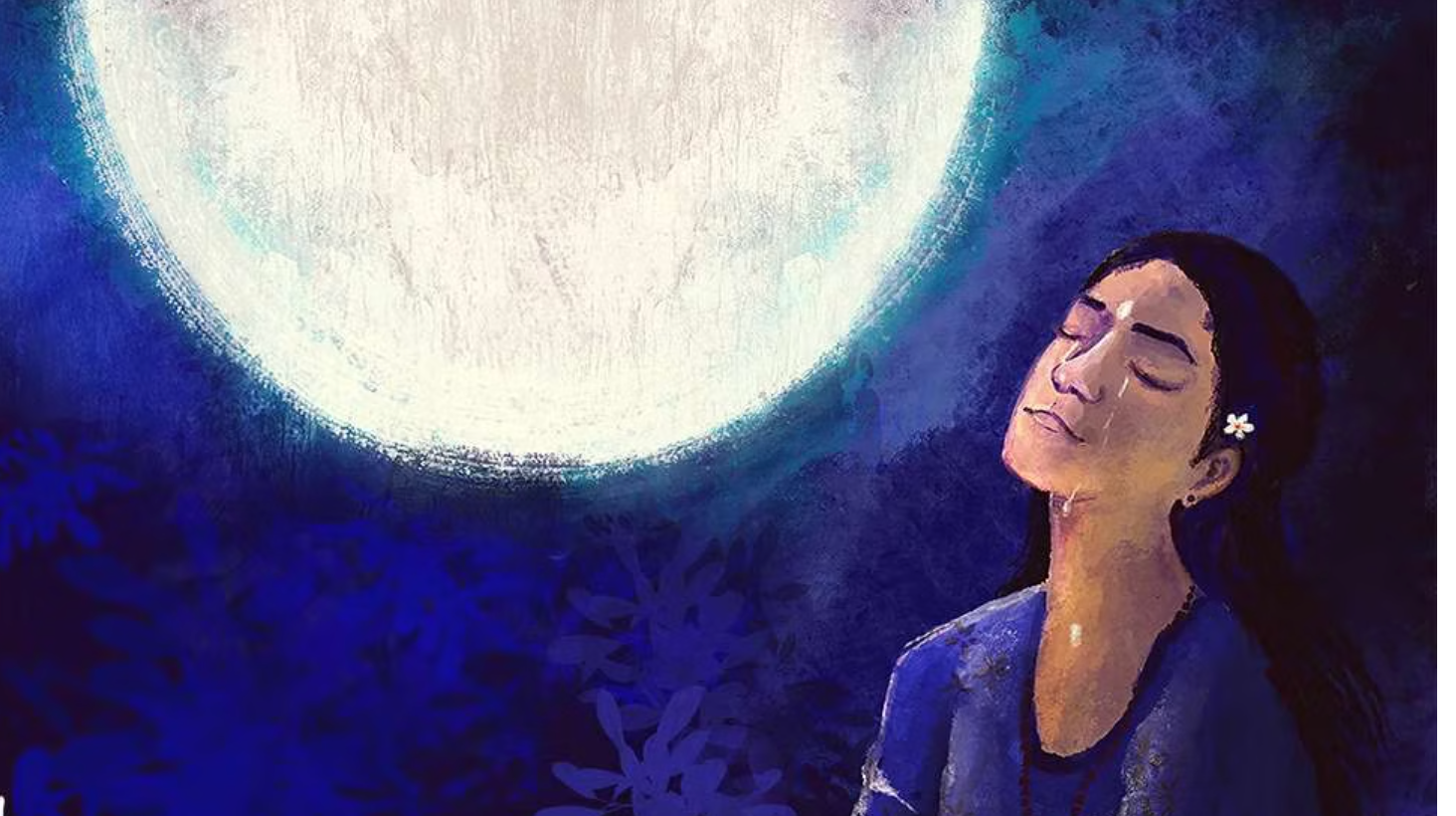For centuries, the Moon has been linked to human emotions, behavior, and mental states. From ancient astrology to modern psychology, its influence continues to spark curiosity. While scientific research debates the Moon’s direct effect on the mind, psychological theories reveal fascinating connections between lunar cycles and human emotions.
The Moon and Mental Health: Lunar Cycles and Emotions
The Moon’s Symbolism in Psychology
The Moon represents the subconscious, intuition, and emotional depth. Carl Jung associated it with the anima—the inner feminine aspect of the psyche, symbolizing sensitivity and creativity. Its phases mirror the ebb and flow of human moods, making it a powerful metaphor for emotional cycles.
Lunar Cycles and Human Behavior
Full Moon: Linked to heightened emotions, anxiety, and sleep disturbances. Brightness may disrupt melatonin, affecting sleep quality.
New Moon: A time for introspection, new beginnings, and setting intentions. Ideal for self-care and mindfulness practices.
Sleep Patterns: Studies suggest restless sleep during the full Moon and deeper rest during the new Moon, possibly due to evolutionary factors.
Lunar Remedies for Emotional Well-being
Full Moon: Meditate, journal, and avoid overstimulation.
New Moon: Set intentions, practice self-care, and visualize new beginnings.
Waxing Moon: Start projects, use affirmations, and build momentum.
Waning Moon: Release negativity, reflect, and focus on healing.
By aligning with lunar cycles, you can harness the Moon’s energy to enhance mindfulness, reduce stress, and foster emotional balance. Whether through new Moon rituals or full Moon meditation, the Moon offers a unique way to connect with your inner self. Whether through ancient beliefs or modern psychology, the Moon continues to be a powerful guide in understanding the depths of the human mind. By observing its cycles, we can develop greater self-awareness and emotional balance, making the most of its influence in our psychological well-being.






